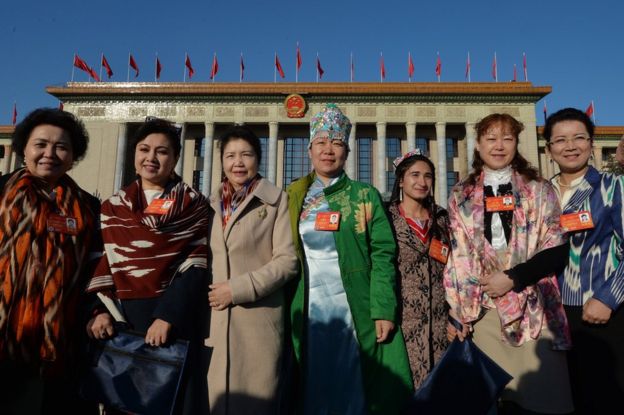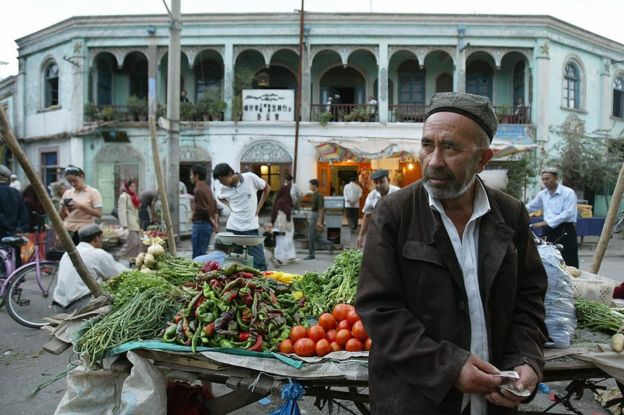China’s Alibaba in ‘flying pig’ controversy

BBC News, 2 November 2016
BBC News — A Chinese Muslim’s call for e-commerce giant Alibaba to rename one of its services because it uses the word “pig” has sparked a backlash in China.
It all began when Alibaba changed the name of its popular travel booking app from Alitrip to one that means “Flying Pig” in Chinese. Its English name is Fliggy.
Over the weekend, Uighur businessman Adil Memettur criticised this decision on popular microblogging network Sina Weibo, where he has hundreds of thousands of Followers.
He noted that the app is popular among minorities because it lets people whose names have unusual spellings make bookings.
“But now that Alitrip has changed its name to Flying Pig, I can only uninstall it, and maybe all my Muslim friends too, because the word “pig” is taboo to Muslims all over the world. Alibaba is an international corporation, could it take Muslim taboos into consideration?” he said.
His post quickly sparked condemnation and ridicule from other Chinese online, with some asking if this meant China had to expunge all references to pigs in popular culture and literature.
“We each have our own way of life; we do not force you to live according to our rules, but you cannot force us to change the law,” said Weibo user Fireflyinred.
Mr Memettur quickly took down the post and on Sunday night he posted an apology.
Alibaba told the BBC that they decided to rebrand the app to appeal to a younger demographic. “We embrace diversity and respect all creeds and religions. The name change is meant to reflect the demographic’s aspirations to pursue dreams, sit back and enjoy life,” said the spokesman.
The visceral pushback stems from the fact that the pig occupies an important place in Chinese culture.
Pork is not only a staple of Chinese cuisine – the government keeps a national reserve of pork in case of market shortages – but the pig is also celebrated in folklore and the Chinese zodiac.
Online, the reaction to Mr Memettur has been intense, often descending into derogatory comments and insulting jokes about Muslims and Uighur culture.
It has also highlighted how gaps in understanding between Muslim minorities and the Han Chinese majority can arise.

Because of their relatively small numbers, concentrated mostly in the West, Muslims still do not figure largely in Chinese public discourse.
China’s 21 million Muslims, comprising minority ethnic groups such as the Huis and Uighurs, make up only 1.6% of the population, with the rest from the Han ethnic majority and they have mostly co-existed peacefully.
The western province of Xinjiang, home to many Chinese Uighurs, has seen unrest with residents saying they have been economically and culturally displaced by a growing influx of Han migrants. Violence there has been attributed by the authorities to Islamist militants and separatists – rights groups point to increasingly tight control by Beijing.

In this instance some online, like blogger Han Dongyan, have called for respect and calm.
“Don’t extend this to all Muslims… (Mr Memettur) has made a mistake and he can be criticised, but don’t respond to an extreme with another extreme and tar them all with the same brush, this is wrong too!” he wrote in one popular post.
Reporting by Tessa Wong and BBC Monitoring’s Kerry Allen.


